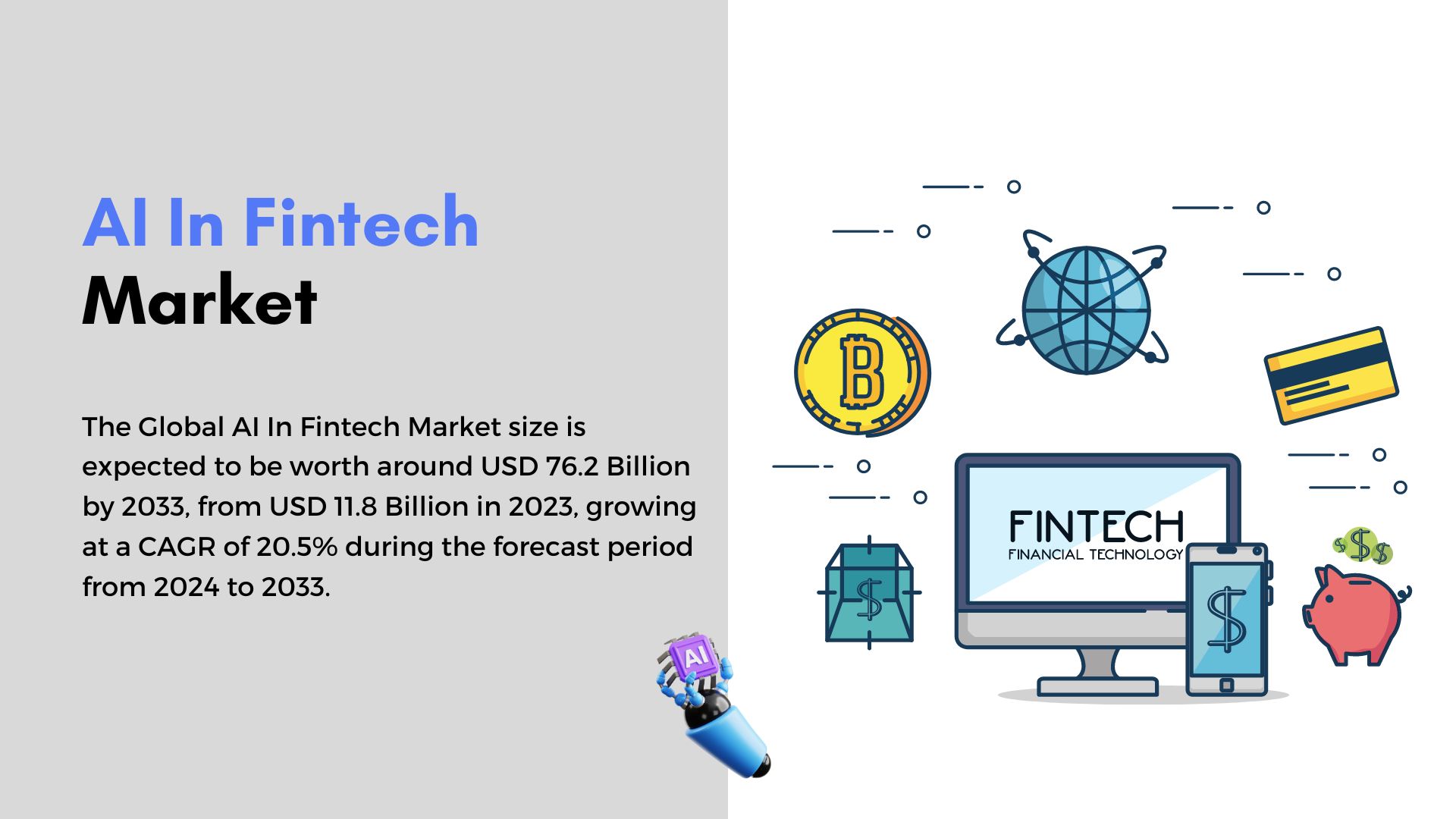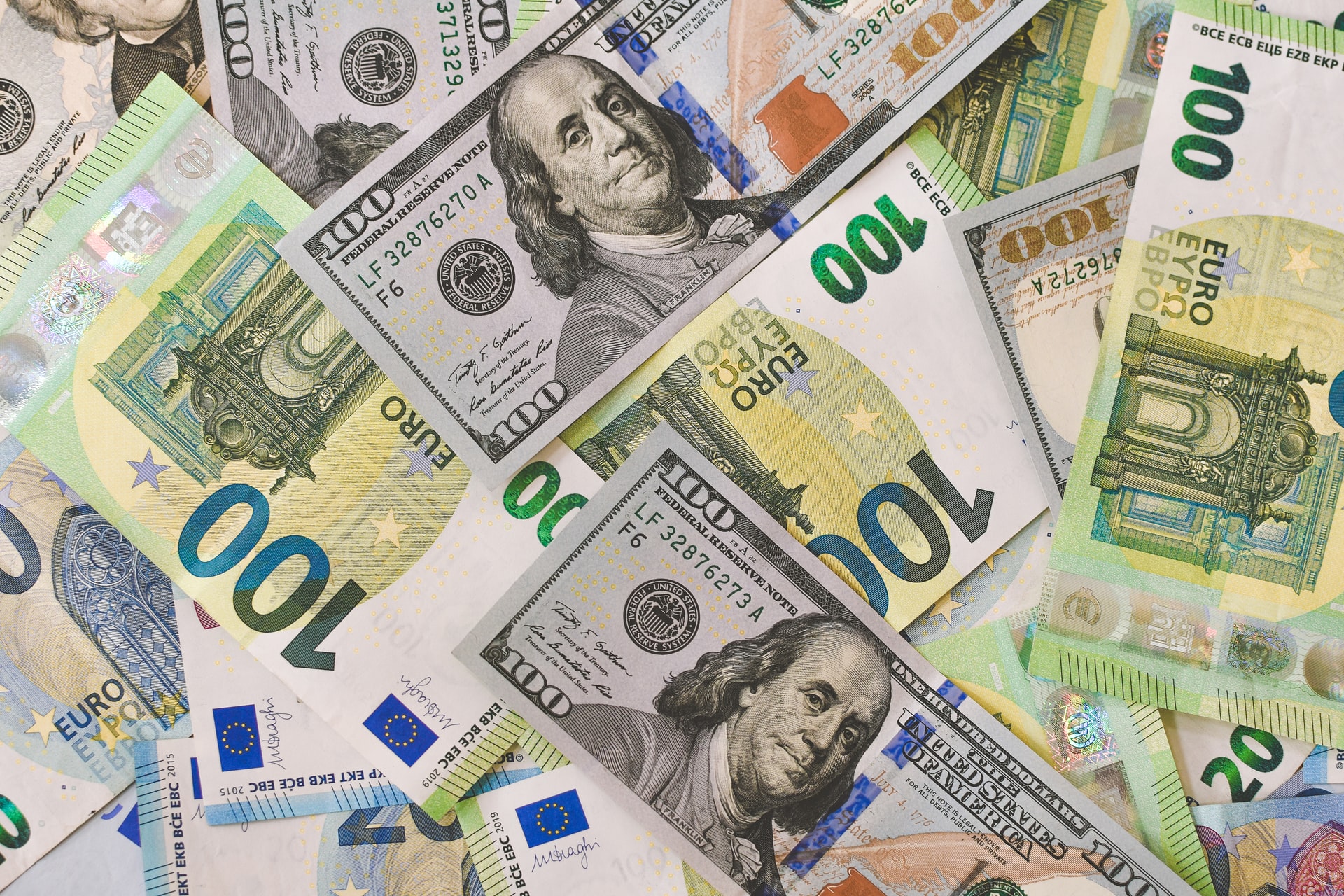The European Commission shared some preliminary findings from an antitrust trial that was focused on Apple Pay. Antitrust investigators concluded that Apple used its dominant position to prevent competitors from offering NFC-enabled contactless transactions on the iPhone. They also found it difficult to develop other mobile wallets in order to compete with Apple Pay.
NFC is considered a standard technology for contactless payment and should be available to all. Third-party developers may use APIs to read NFC tags and write them, but they are not allowed to include the NFC antenna in apps that build Apple Pay rivals.
“Mobile payments play a rapidly increasing role in our online economy. Margrethe Vestager, Executive Vice President at the European Commission, said that it was important to ensure that consumers enjoy a competitive and innovative payments environment in order to facilitate the integration of European Payments Markets.
We believe Apple may have restricted third-party technology access that is necessary for the development of rival mobile wallets on its devices. Our Statement of Objections suggests that Apple may not have allowed competition, in favor of Apple Pay. This conduct, if proven, would be illegal in accordance with our competition rules,” she stated.
Brussels regulators say that NFC can be found in nearly all payment terminals. But Apple Pay can wirelessly connect with NFC terminals. Apple Pay’s market share could be explained by its seamless, standardized and safe way to pay.
The current statement of objections comes from an investigation that was opened in June 2020. The Commission also announced that it would review Apple Pay as a whole at that time. Apple Pay can be used both online and in-app to pay. However, the Commission has stated that NFC payments cannot be restricted.
“Apple Pay, which is only one of many options European consumers have for making payments,” Apple explained to Reuters. This is true. PayPal, Starbucks, and others have also used QR codes to enable mobile payments through the iPhone. Usually, customers show their QR code to the store and they scan it.
QR codes are a common way for mobile wallets to thrive, such as AliPay or WeChat Pay. It has been a struggle, however, because Apple Pay continues to be more seamless for customers. Apple had already announced in April that it will be introducing a tap-to-pay feature. It would transform any iPhone into a contactless payments terminal. It would also support Android phones, and Google Pay. iPhone users would be limited to Apple Pay.
Apple now has the chance to respond to charges following the submission of objections. The company has two options: to submit written answers or to request an oral hearing. Apple is at risk of a large fine if they conclude that Apple has infringed on antitrust rules.
BRUSSELS – Apple is facing a potential heavy fine and could have to open its mobile payments system to competition after EU antitrust regulators charged Apple with restricting competitors’ access to its technology that powers mobile wallets.
This is Apple’s second EU complaint against it. EU regulators first accused Apple of diluting competition in the music streaming sector last year following a claim from Spotify.
On Monday, the European Commission informed Apple that it had received a “statement of objections” (or charge sheet) detailing how Apple had abused its dominance in markets for mobile wallets.
The Commission claimed that Apple’s anticompetitive actions date back to 2015 when Apple Pay launched. Margrethe Vestager (EU antitrust chief) stated that Apple has restricted third-party technology access necessary to create rival mobile wallet solutions.
She said, “In our statement, we preliminarily discovered that Apple may have restricted competition, for the benefit of its own solution Apple Pay.”
Apple could face a fine of up to 10% or $36.6 million based on its global turnover last year. EU penalties are rarely as severe, but Apple stated that it will continue to engage with EU officials. Apple Pay is not the only option available for European consumers to make payments. Apple Pay ensures equal access to NFC, while setting industry-leading standards of privacy and security,” said the company in a statement.
Apple’s Frankfurt listed shares were down 0.7% as a result of the news. They were trading at 1216 GMT. Apple Pay can be used by more European banks than 2,500, as well as over 250 fintech or challenger banks. NFC chips are used to enable tap-and-go payments on iPads, iPhones, and iPads. Vestager disapproved of the company’s security argument.
“Our investigation to date has not revealed any evidence that would suggest such a higher risk of security.” According to her, the evidence in our files does not support security concerns. Apple may request a closed hearing to defend itself and can also submit a written response before the Commission issues its decision. This could take up a full year.
The Digital Markets Act, a new set of tech rules that the EU intends to enforce next year will force Apple open its closed eco-system to be open to all or face fines up to 10% of its global revenue. The Commission’s decision that Apple should be sent its statement to objections confirms a Reuters story from October last year.
Apple pay is famous in the market and easy to access payment option. It all now depends how Apple pay can justify its position in the market just like the way it has proved its valuable service to its customers.
ABOUT AUTHOR
Over 4 years’ experience in the research industry. Experience with research and consulting projects, catering to domains such as ICT, Health & Pharma, and packaging. Managed projects on both B2B as well as B2C perspectives, which includes consumer preference analysis, interviews with key executives, etc









